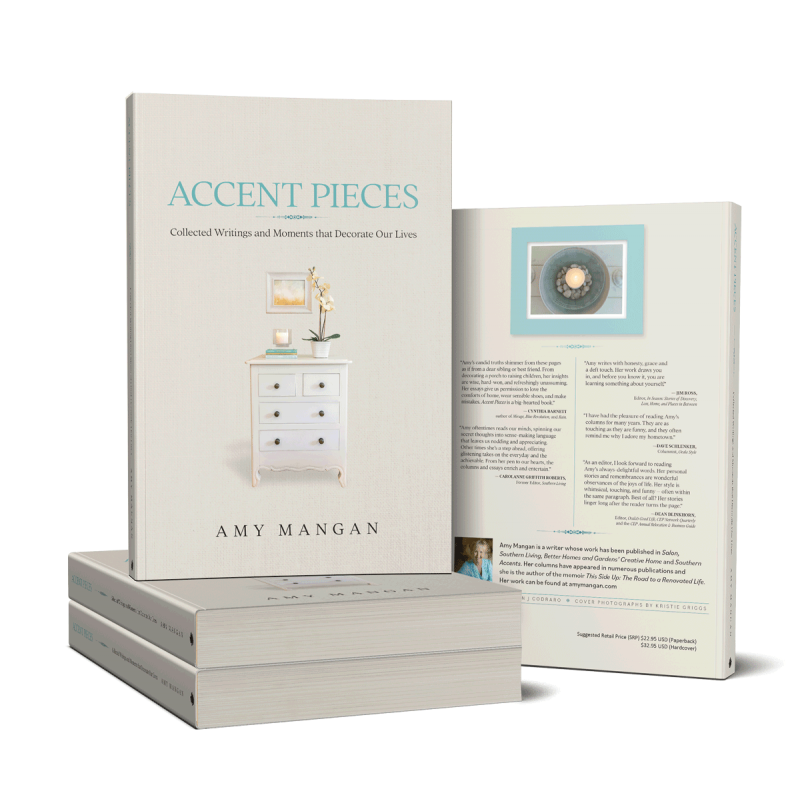Not a Halloween goes by that I don’t think of the mayor. Like most people of authority, he commanded any room he entered. One distinction: He wasn’t the mayor. This was an honorary title bequeathed by my fellow neighbors and me.
Buzz was my neighbor three houses down and step-dad to a boy close to my son’s age. He welcomed us to the neighborhood with a bottle of wine, an offer to carpool the kids to their elementary school and a home renovation tip for my kitchen. I liked him from the start.
If you’re lucky, you live in a place where someone serves as the communal glue. If there was a storm, Buzz alerted us to an emergency mustering plan should one of our houses be impacted. Early release day from school? Buzz covered it by picking up the neighborhood kids in his SUV and hosting an afternoon pizza and swimming party at his house. Monthly potluck neighborhood dinners? Bring yourself and a pot of good eats, Buzz would say.
A veteran, Buzz retired early and dove into other passions like renovating his home top to bottom and helping others any way he could. He lent a skilled hand on the kitchen remodel he convinced me to do.
Halloween was Buzz’s sweet spot. You could count on him to rally the neighborhood troops for a fun night. We’d find a central location — someone’s front yard — put up a tent, add a card table or two topped with a candy, fried chicken and beverages for adults and children alike. Then we let the not-so-spooky festivities begin.
We’d trick-or-treat and stop by the home of the actual Ocala mayor, E.L. Foster, who had a basket of Snickers waiting for the little ones and mini-wine bottles for the big ones. Each year, I was like Pavlov’s dog salivating for vino by the time I turned the corner toward the Fosters’ house.
This got me thinking about a book I read a while ago — Robert Putnam’s “Bowling Alone: The Collapse and Revival of American Community.” Its premise is simple and relevant decades later: We are more disconnected than ever before. We bowl alone. We disengage from community organizations. Just look at Rotary National’s membership numbers. Cultural changes in our lives contribute to this decline. Keep in mind Putnam wrote his societal analysis 18 years ago, long before social media rocked our world. He wrote that we, as a nation, are lacking in social capital, which leads to communal disconnect.
Lately, I’ve thought a lot about Buzz.
Tragically, he passed a few years ago. We had longed moved out of the neighborhood, but haven’t replicated such an extraordinary sense of place. This week is a sobering reminder of all we have lost. I think of Mayor Buzz. In all the times we lived close by, we never spoke of politics, an oddity in this hyper-fueled political climate today. There were hints we may have sat on different political sides of the fence, but we were connected more by what bonded us than separated — love of family, community, each other.
The last Halloween we lived in the Mayor of 13th Street’s district, I remember walking down the street to set up for the night. I brought cupcakes but forgot the paper plates at my house. When I turned to walk back to my house, Buzz stopped me to show he had an extra stash of plates beneath the table.
He looked out for me. For us. Like always.




